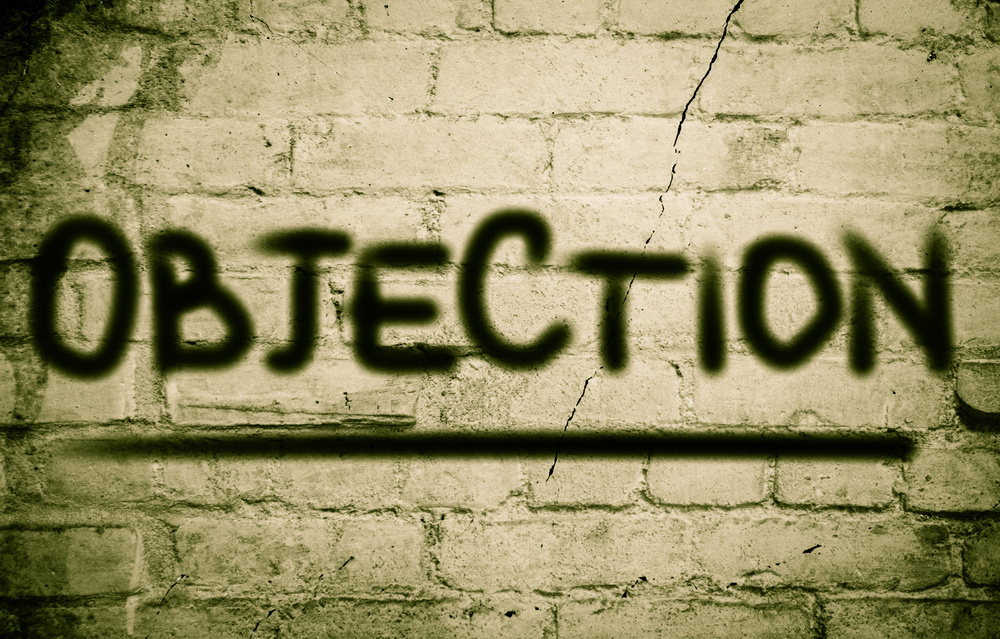Can a Creditor Object to a Bankruptcy Discharge?
Chapter 7 bankruptcies provide many individuals in Arizona with a chance to overcome debt and stabilize their financial situation. This bankruptcy chapter allows for the discharge of the debt but can a creditor object to a bankruptcy discharge, and under what circumstances?
What is a Bankruptcy Discharge Objection and When can it Occur?
Debts that are discharged in a bankruptcy will no longer have to be paid to the creditor. Needless to say, some creditors will be unhappy with such a turn of events.
Creditors could potentially file a dispute, suggesting that a specific type of debt cannot be discharged. In such instances, the creditor will be asking for the debtor to continue making payments.
Objections to a bankruptcy discharge in Arizona can be filed within the first 60 days following the meeting with creditors. The objection should provide a reason that makes the respective creditor believe the debt should not be discharged.
Reasons for Bankruptcy Discharge Objections
There are a few common reasons why Arizona creditors will object to the bankruptcy discharge. A few of those include:
- Fraud committed during the bankruptcy: if you have hidden or transferred assets shortly before the bankruptcy filing, you will be committing fraud. When creditors have evidence of such activities, they can dispute the discharge and eventually cause its dismissal.
- The debt is priority debt: certain kinds of debt known as priority debt cannot be discharged. Alimony, child support, fines and certain types of federal loans are considered priority debt.
- The debtor has intentionally filed a false tax return.
- The debtor provided false or misleading information on their loan application.
- The debtor bought luxury items and goods before the discharge: the acquisition of luxury items exceeding 675 dollars in value on credit within 90 days of the bankruptcy filing will contribute to the accumulation of non-dischargeable debt.
- A credit card was used by the debtor for the purpose of paying off non-dischargeable debt.
An objection can be filed both by a creditor and by a bankruptcy trustee. Whenever trustees suspect a violation, they will carry out an investigation and potentially work towards the dismissal of the bankruptcy filing.
Can an Objection be Filed to the Discharge of All Debts?
Most of the situations described above refer to the discharge of an individual debt. Are there situations in which a creditor or a trustee could prevent the overall debt discharge?
It’s possible for an objection to target all of the debt. Most often, fraud committed by the debtor will be the reason why such serious disputes are going to be filed. Bankruptcy fraud is a very serious offense. If proven, it will lead to the dismissal of the bankruptcy case. Depending on the specific circumstances, a criminal investigation could also be launched against the debtor.
The destruction of assets and a failure to disclose all assets could also contribute to a bankruptcy discharge dispute.
Whenever creditors prove that debt should not be discharged, the debtor will have to pay back the entire amount. In addition, debts that have been disputed successfully cannot be included in future bankruptcy filings.
 For the dispute procedure to be launched, a written objection has to be filed with the Arizona bankruptcy court. Based on the information included in the document, the court will schedule a trial session. The judge can either rule against the objection (in which case the debt discharge will occur) or they could order the debtor to pay back the respective amount.
For the dispute procedure to be launched, a written objection has to be filed with the Arizona bankruptcy court. Based on the information included in the document, the court will schedule a trial session. The judge can either rule against the objection (in which case the debt discharge will occur) or they could order the debtor to pay back the respective amount.
Do not underestimate the risks stemming from a creditor object to a bankruptcy discharge. Such a dispute could cause serious financial strain and even criminal charges. Talk to an experienced Arizona bankruptcy attorney to make sure that you have followed all bankruptcy rules before and during the filing. If you stick to the legal procedures, chances are that you will not experience hardships in the future.





